8 Books to Turn Your Productivity Around
I love reading! Not just because I enjoy learning about new things or ideas, but because I find it fascinating how a book can seep into your daily mindset.
If I’m really interested in a book I will often find that the concepts within the book will appear all around me. Friends will bring up a issues that relate to key themes in the book or I’ll face a problem at work similar to issues brought up in the book.
It’s for this reason that productivity books can be so good for you. While you may not implement all the practices suggested it at least gets you thinking about the different approaches to getting things done. You might even think of a way to adapt one of the ideas in the book to be more suitable for your lifestyle.
Here are some of my recommended books to help put you in a productivity mindset.
Smarter, Faster, Better
Charles Duhigg
In this book, Charles Duhigg examines what makes a person successful. To do this he explores a variety of case studies all based around the successes of individuals or groups. The cast studies are pretty interesting as they include the cast of SNL as well the songwriters for the movie Frozen. I love these examples because it keeps it super engaging — instead of using the usual roster of CEO’s and tech experts.
Duhigg concludes that success comes from knowing how to choose. He explains that the way we frame our daily decisions; the big ambitions we embrace and the easy goals we ignore; the cultures we establish as leaders to drive innovation; the way we interact with data: These are the things that separate the merely busy from the genuinely productive.
4 Hour Work Week
Tim Ferriss
I’ve made my feelings on Tim Ferriss pretty clear – but I would still recommend his book 4 Hour Work Week. It’s an incredibly popular book and for good reason. Now the majority of people who read this book don’t actually have a 4 hour work week, but the principals of it resonate with many. Tim touches on many of the core productivity issues like minimizing distractions and outsourcing your menial tasks.
The core idea behind the 4 Hour Work Week however is a bit flimsy. Essentially he recommends you build a business to the point where it is successful enough to be self sufficient and then you only need to work on it for 4 hours a week. This is all well and good, but you’re going to be putting a lot more than 4 hours a week into your business before it becomes successful. To get the most out of the book I would say focus on the message as a whole instead of getting your hopes up!
Essentialism
Greg McKeown
This book is about stripping everything away and looking at what really matters. According to McKeown being an essentialist is about a disciplined way of thinking. It means challenging the core assumption of ‘We can have it all’ and ‘I have to do everything’ and replacing it with the pursuit of ‘the right thing, in the right way, at the right time’. In essence (see what I did there!) it’s about focusing your energy on the goal and activities that matter to you and learning the importance of saying no to the things that don’t.
The book has – ironically – been criticized for being a bit long winded, but I thoroughly enjoyed it. Since my appendix burst I have been trying to take on less and stick to what matter most. So I think the message of the book really stuck with me!
Life-Changing Magic of Tidying Up
Marie Kondo
In her book, Marie explains that she started “tidying” when she was 5 years old. Like a classic middle child she did it to get attention and praise from her parents. Since then, for Marie, tidying has become a celebration. She even dresses up for the event. Now you can learn how to get as much out of tidying up as Marie. Regular readers of this blog know that I am obsessed with Marie Kondo, she is my Beyonce! Reading this book really does re-frame how you think about all the stuff you have accumulated in your life. In fact her “Spark Joy” philosophy, being that you only hold on to the things that spark joy, will definitely start to creep into all areas of your life.
Organizing From the Inside Out
Julie Morgenstern
A productivity classic. I think this book resonates with so many people because as a former actress and ‘creative type’ Julie always thought that her life philosophy was at odds with being organized. She explains how she realized that getting organized doesn’t change who you are and is still individual to each person. Plus she encourages you to look inside at who you are and how you work to figure out the best organizing method for you. She also wrote the foreword for my book Listful Thinking.
Better Than Before
Gretchen Rubin
Sometimes we can feel as though our lives are made up of a series of bad habits. In this book, Gretchen doesn’t just teach you how to break out of your habits, she redefines the way you think about them. In the first chapter, you figure out which of the 4 tendencies you fit into which can help you figure out why you act the way you do! What I like about Gretchen is that her books aren’t about becoming an organization wizard or hotshot entrepreneur. She simply encourages you to find your own personal version of success and make it work for you.
Getting Things Done
David Allen
This book is in many ways, the bible of productivity. David lays out for you all of the best productivity tools and tricks. Encouraging you to pick the ones the work and discard the ones that don’t. It’s simple and yet effective. Which is probably it’s been published for almost 15 years, but still remains true to this day. His biggest rule is to have a capture system where you will keep all your to-dos and ideas. Once you nail that, productivity becomes a lot easier.
I Know How She Does It
Laura Vanderkam
Modern day media portrays the working woman as someone always rushing from place to place as she desperately tries to balance her work and family life. But how accurate is that? Laura Vanderkam follows the lives of successful women and discovers that, for the most part, they all manage to make time for the things that are important to them. Even sleep! Success doesn’t have to mean sacrifice – myth busted!
Laura has also written some other great books like What the Most Successful People Do Before Breakfast. Doing things before work in the morning means there’s a higher chance you’ll actually get those things done and out of the way. So you feel much more accomplished and productive before you sit down at your desk. This book gives you some great ideas and examples on how to do it.
What are some of your top productivity reads?

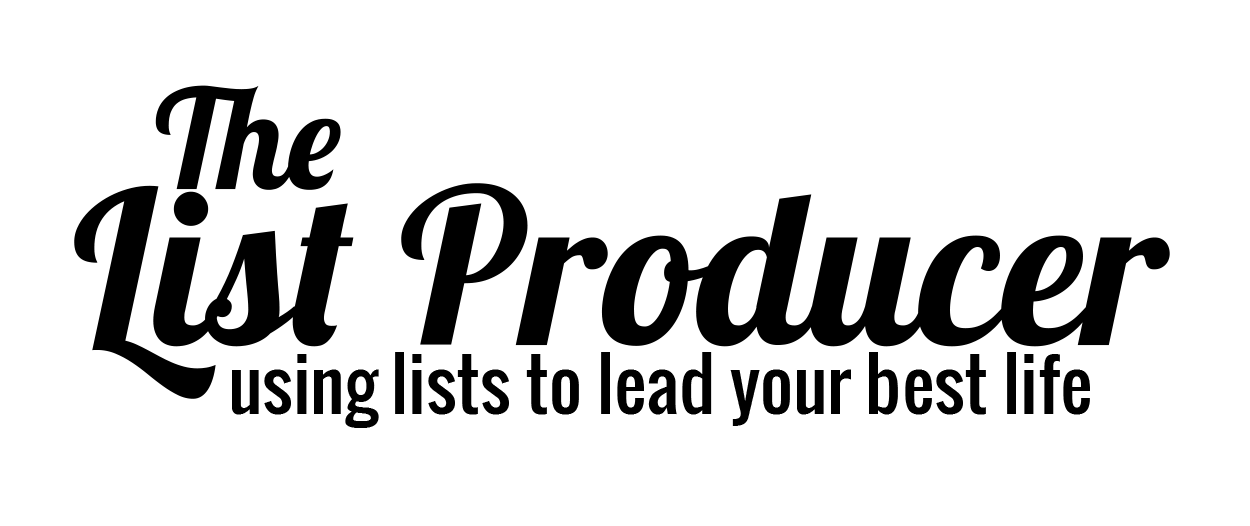
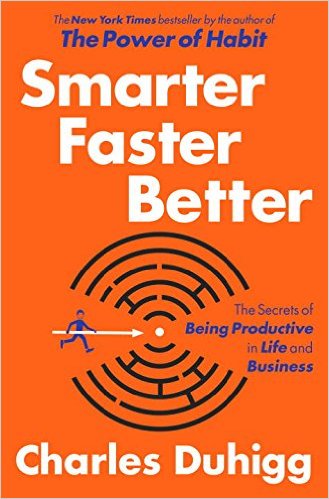
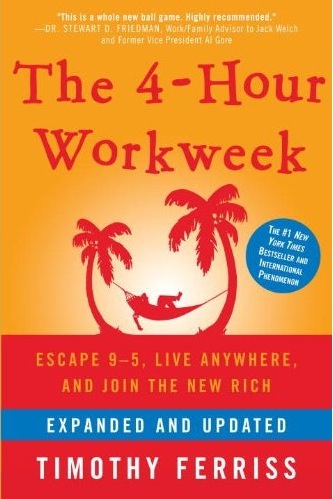
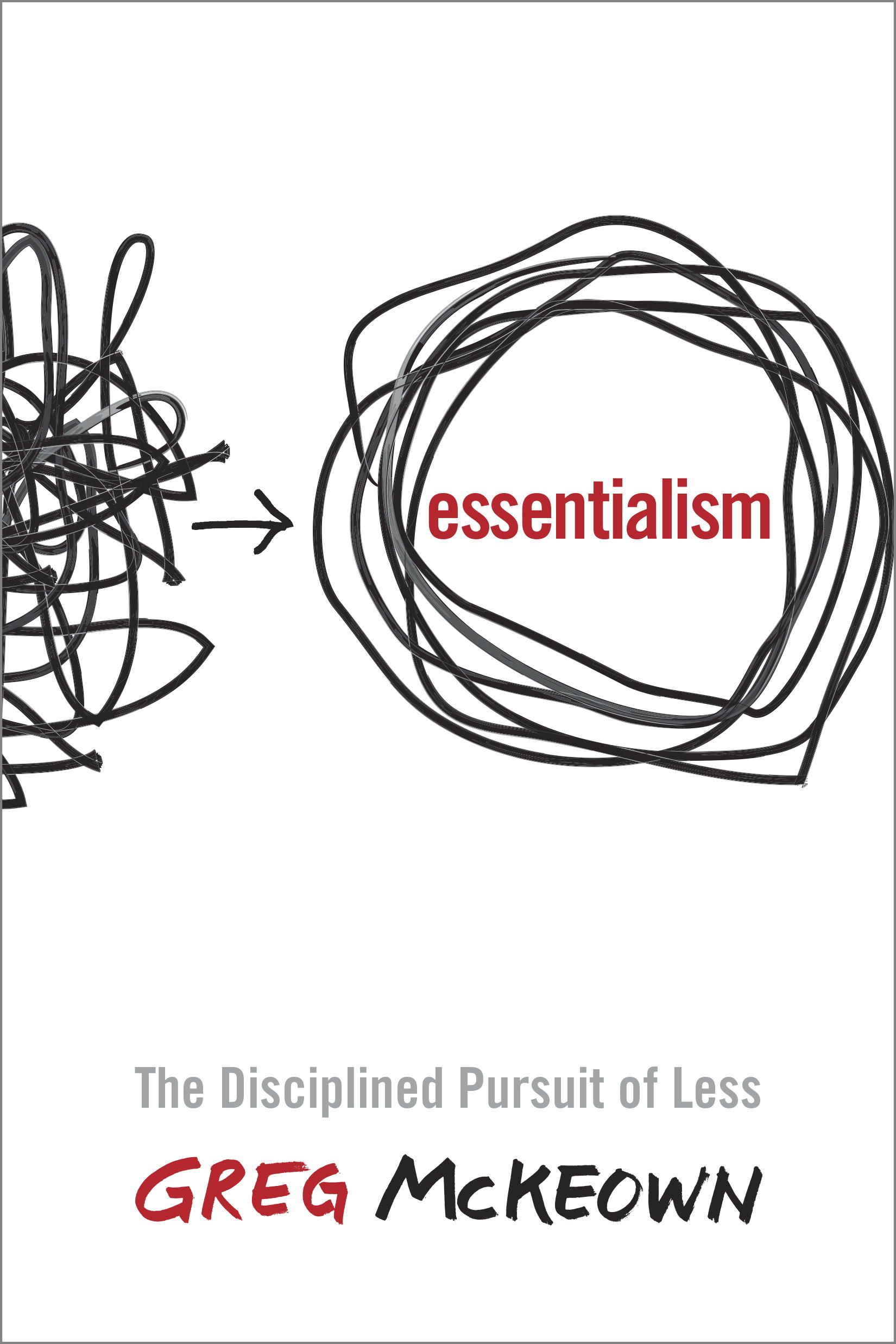
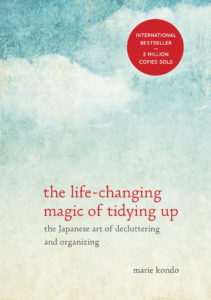
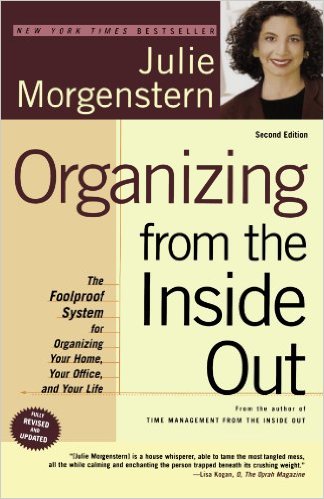

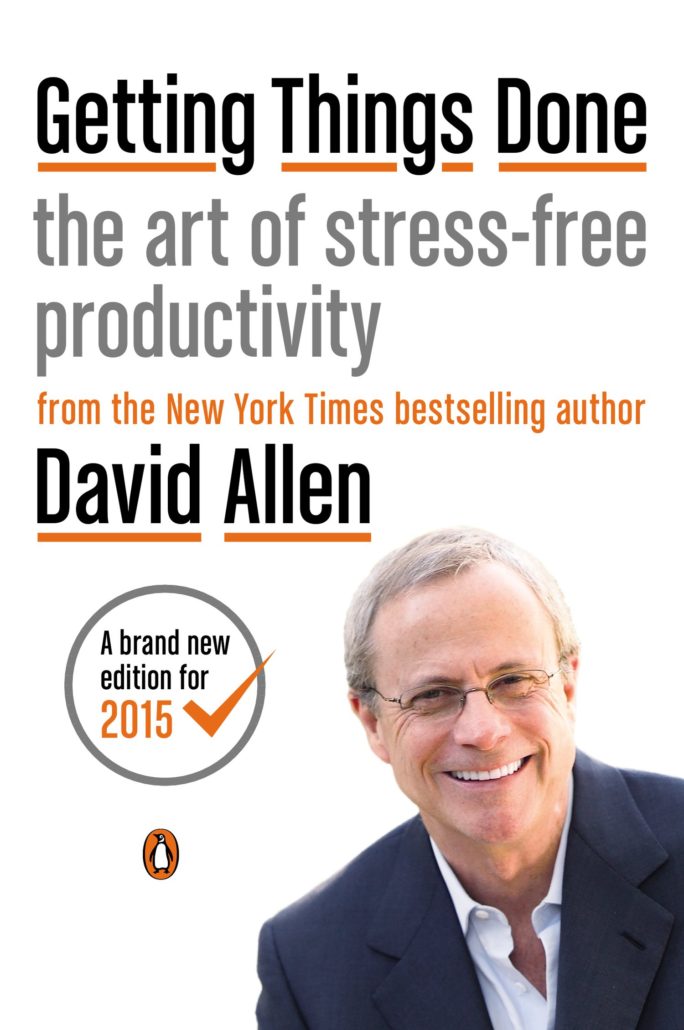
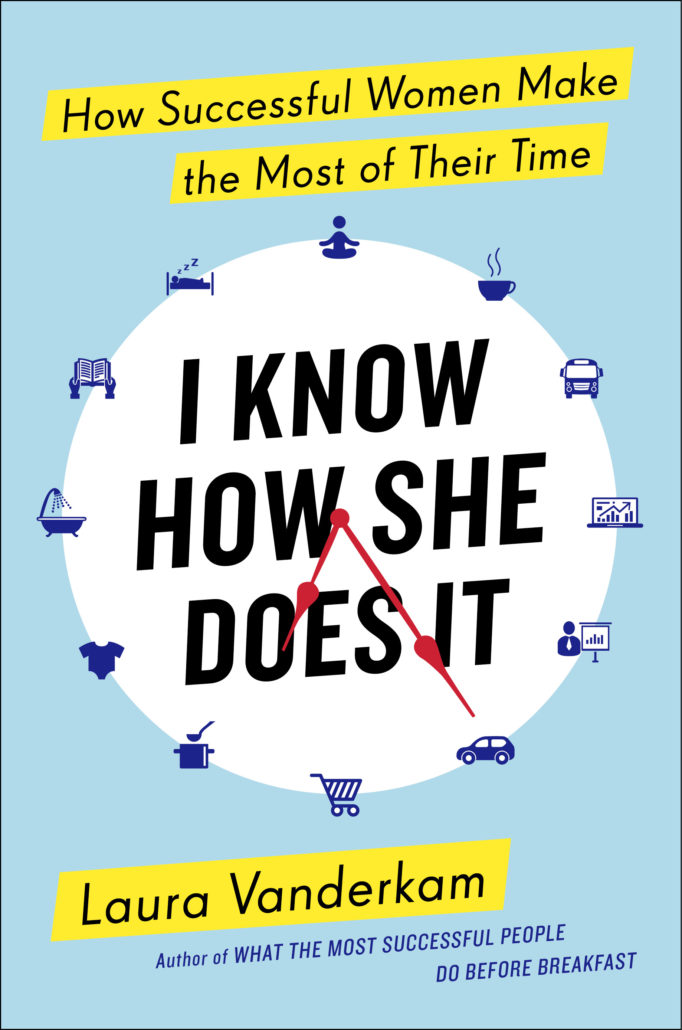

Leave a Reply
Want to join the discussion?Feel free to contribute!